Universities Australia cries poor as it defends $1m pay deals
‘Vapid slogans and logos.’ As universities justify million-dollar salaries for vice-chancellors, eminent academics have pointed out how money is being wasted.
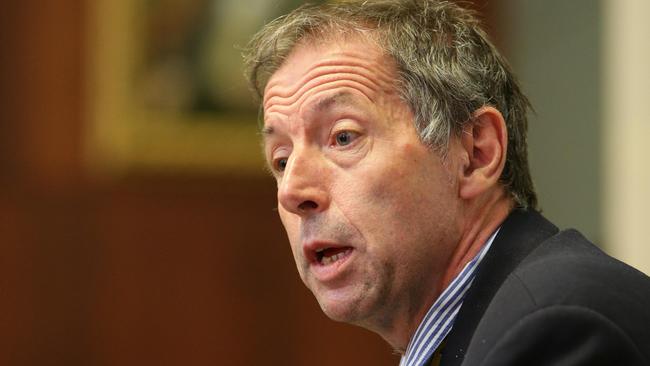
Universities have defended paying million-dollar salaries to vice-chancellors despite crying poor to a Senate inquiry into higher education governance that has been told of money being wasted on marketing and branding.
Senior academics are among more than 100 submitters to the inquiry, which is due to hold public hearings in Canberra next Wednesday ahead of a looming federal election.
Universities Australia has told the inquiry that the focus on vice-chancellor salaries is “distracting’’. “Vice-chancellors lead major organisations that underpin local economies, support thousands of jobs, educate thousands of students and generate private revenue streams which are reinvested in support of Australian employment, education and research,’’ UA chief executive Luke Sheehy has told the Senate education committee.
“Universities are critical to Australia’s growth and prosperity, but they are seriously underfunded.
“Student funding arrangements are inadequate, government investment in research has never been lower and universities no longer receive dedicated infrastructure funding. Debate over vice-chancellor salaries distracts from the conversation we need to have about funding our universities properly.’’
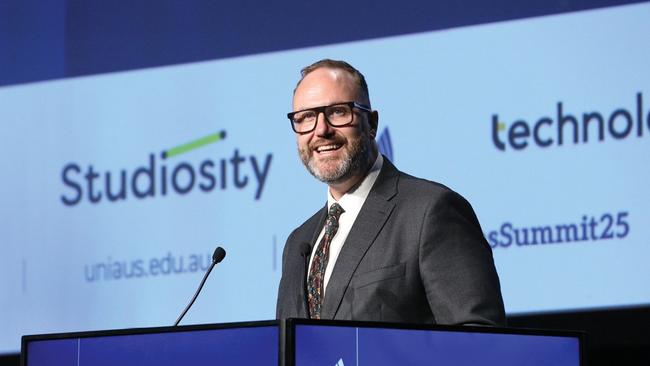
Despite its defence of vice-chancellor pay – which averages $1m a year across 39 institutions – UA did not say how much more funding universities needed.
Michael Tomlinson, a former senior official of the Tertiary Education Quality and Standards Authority, has told the inquiry that there is “no obvious reason why’’ Australia’s vice-chancellors earn more than their counterparts in the United States, Britain, Canada and New Zealand.
“Australian universities seem to be captured by internal competition against each other,’’ his submission states. “High CEO salaries are often justified because of the supposed need to compete in an international marketplace, but this does not justify the level of Australian VC salaries. It would be justifiable to impose caps, since Australian public universities … still derive a large proportion of their revenue from or via the government.’’
Dr Tomlinson – a former director of the TEQSA assurance group – is now working as a higher education governance consultant, and is a council member and academic board chairman of the Victorian Institute of Technology. He said vice-chancellor pay could be pegged to staff salaries, noting that the University of Cambridge sets pay at 10 times the median salaries of all staff, and five times the median salary of academics.
Cambridge University paid its vice-chancellor $792,000 in 2023 – far less than the $1.17m paid to University of Sydney vice-chancellor Mark Scott the same year.
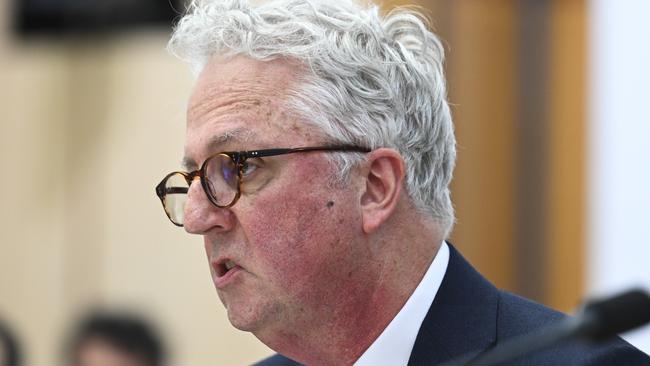
John Quiggin, professor of economics at the University of Queensland, has told the Senate inquiry that universities should be treated as a public service, like schools, rather than corporations.
“This would entail the end of pay scales based on private sector comparators for senior managers,’’ Dr Quiggin wrote.
“It would (end) the idea that universities should be competing with each other, rather than seeking to provide the best education possible for Australians.’’
Dr Quiggin said co-operation between universities would save money on marketing and branding. He said universities should not need “a new slogan every 10 years’’. “A trivial example is the regular introduction, and equally regular replacement of, vapid, and interchangeable, slogans and logos,’’ he told the inquiry.
“Universities should cease wasteful competition between themselves, through advertising and scholarship offers, to attract students.
“This competition is particularly pernicious since it is directed primarily at high-achieving students who would certainly attend university whether or not they were targeted.”



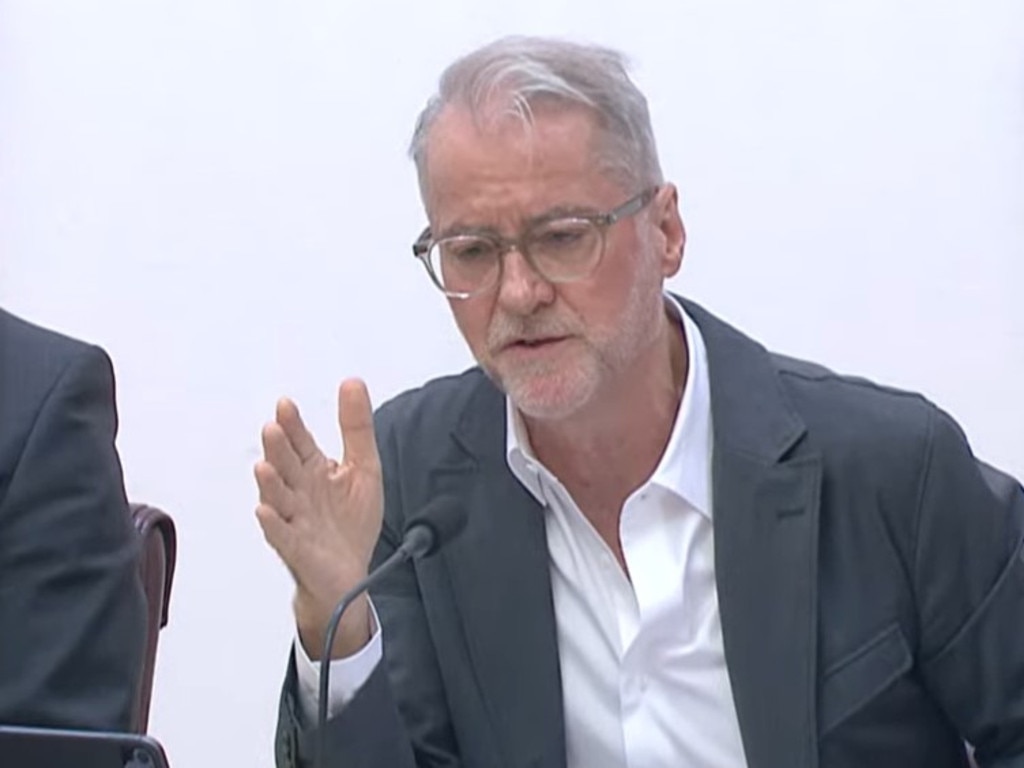
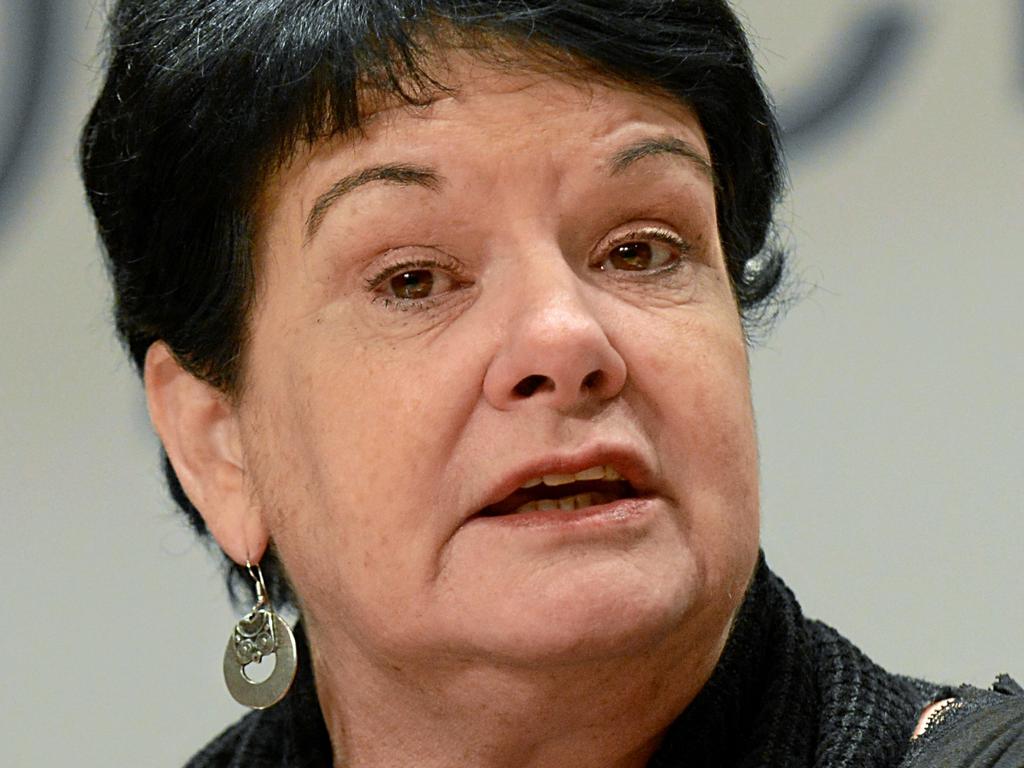


To join the conversation, please log in. Don't have an account? Register
Join the conversation, you are commenting as Logout